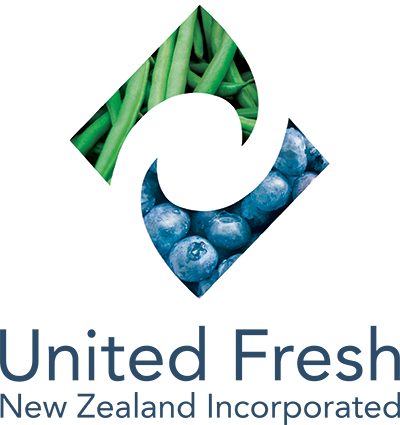Food Safety Newsletter – May 2023
2nd May 2023
Food Safety Newsletter – May 2023
This newsletter covers several strategic “helicopter” issues for the industry, which have both Food Safety and Sustainability implications.
Our United Fresh Food Safety Rep, Anne-Marie Arts recently attended the International Federation of Produce standards (IFPS) quarterly food safety committee meeting. The most useful information about trends often comes from the discussion about what is happening elsewhere in the world. Topics discussed at the meeting included increased Regulatory Changes, Compliance Fatigue and Climate Change impacts on food safety.
Regulatory Changes
British import regulations are having a dramatic impact upon the availability of fresh produce on British shelves. It is also resulting in the Netherlands avoiding export to Britain (if possible), due to the extra costs and effort now involved. The side effect of this is there are now shortages of some produce lines in the Netherlands as production patterns adjust.
The Netherlands representative also talked about the increased regulations for Nitrogen released into waterways. A comment was made that it may be that “big farm dairying and meat production will need to stop” in the Netherlands, in order to meet nitrogen reduction requirements. Plant production and fresh produce will be less affected by the Nitrogen regulations. However, product shortages and increased produce prices are potentially expected.
Proposed EU reductions in heavy metals Maximum Residue Levels (MRLs), including Cadmium, are expected to impact fresh produce, and leafy greens in particular. The USA, whilst having no formal standards, is taking case-by-case enforcement action on heavy metals in leafy greens imports.
Compliance Fatigue
Compliance Fatigue, related to Private Good Agricultural Practice (GAP) schemes requirements, was discussed, as was changing government regulations.
The initial aim of GAP schemes was to ensure good Food safety practices. However, the increasingly complex requirements were discussed as becoming a barrier to production with food security implications emerging as a concern. These were described as becoming untenable for growers in Europe and not fit for purpose, with concerns expressed in Europe, Britain, Canada and the USA.
An example quoted was an exporter to British supermarkets could face compliance costs of up to £250,000 from private schemes, before they can export any product to the UK.
Climate Change and Impacts on Food Safety Management
A recently published MPI study entitled: Adapting to Climate Change: Information for the New Zealand Food System makes for sobering reading. The very first sentence says it all: It is very difficult to say what the New Zealand primary industry and food system landscape will look like in 2050 and 2100.
A brief summary of the horticulture specific impacts expected to occur are:
- Increased flooding could increase the spread of pathogens from animal faecal matter onto food crops.
- Increased temperatures, and therefore inadequate winter chilling required for production, may increase the use of chemicals, such as hydrogen cyanamide, to compress budbreak and flowering periods.
- Increases in heavy rainfall will increase flooding events, potentially contaminating land with fertilizer & chemical residues from neighbouring land used for livestock. Flooded land will affect movement around crops, e.g., for spraying, harvesting, machinery etc.
- Changes to available suitable agricultural land, as sea levels rise, and low-lying coastal areas become inundated with salt water.
Pages 75-79 contain a useful fact sheet, entitled: Projected Climate related Impacts on Food Safety/Systems in the Horticulture Sector. This is well worth reading and outlines the impact of climate change in Horticulture and adaptation options.
The full report is available here:
28164-Adapting-to-climate-change-Information-for-the-New-Zealand-food-system (mpi.govt.nz)
The issues we are grappling with in New Zealand are the same worldwide. That is one of the benefits of United Fresh advocating for the New Zealand produce industry via IFPS. Knowledge is shared between all parties, and issues affecting the whole industry can be advanced.
To learn more about IFPS visit their website https://www.ifpsglobal.com/
